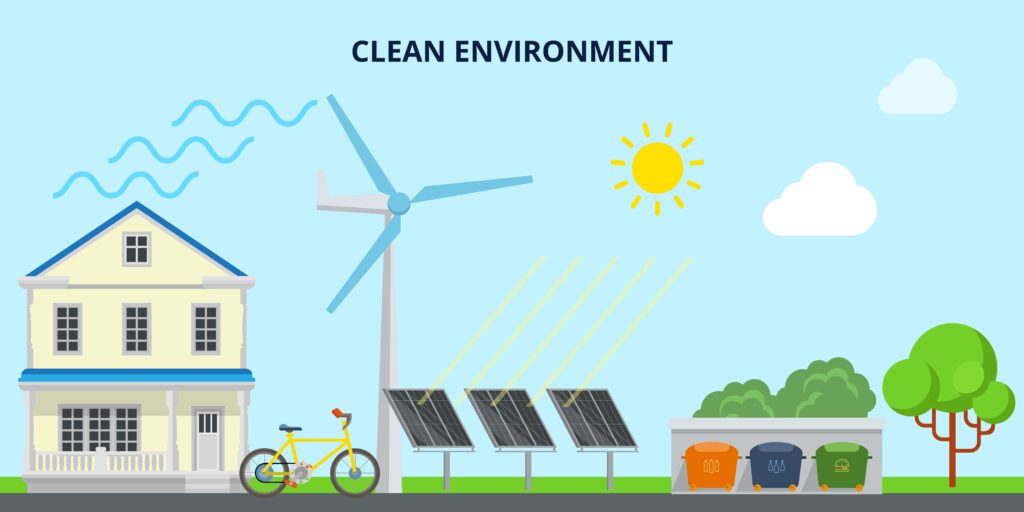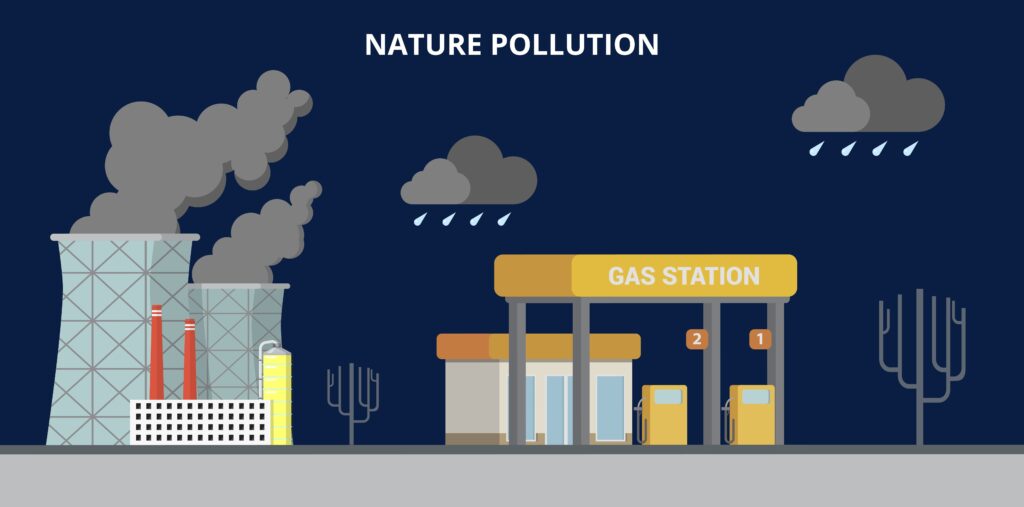
Image by sentavio on Freepik
Pros of Solar Energy
Solar energy is gaining popularity as an alternative and sustainable energy source. One of the key advantages of solar power is its renewable nature. Unlike fossil fuels, which are finite resources, sunlight is abundant and will continue to shine for billions of years. This makes solar energy a reliable and long-lasting solution for our energy needs.
Furthermore, utilizing solar energy helps reduce carbon emissions and combat climate change. Solar panels convert sunlight into electricity without releasing harmful greenhouse gases, making them an environmentally friendly choice. By adopting solar power, individuals and businesses can contribute to a cleaner and greener future.
Another significant benefit of solar energy is the potential for long-term cost savings. While the initial installation costs may be high, the ongoing operational expenses are significantly lower compared to traditional sources of energy. Once installed, solar panels require minimal maintenance and can generate electricity for decades, resulting in substantial savings on electricity bills.
Additionally, solar energy offers numerous environmental benefits. By relying on the sun’s energy, we reduce our dependence on non-renewable resources like coal, oil, and natural gas, which are associated with environmental degradation and pollution. Solar power helps protect our air, water, and overall ecosystem, creating a healthier and more sustainable planet for future generations.

Cons of Solar Energy
While solar energy has many advantages, it is essential to consider the potential drawbacks as well. One major concern is the high initial costs associated with installing solar panels. The price of solar systems can be significant, including the cost of panels, inverters, batteries (if used), and installation fees. However, it is important to note that these costs have been decreasing over the years, and there are various government incentives and financing options available to make solar energy more affordable.
Another drawback of solar energy is its intermittent nature. Solar panels generate electricity only when exposed to sunlight, meaning they do not produce power at night or during cloudy days. This intermittent energy generation can pose challenges in meeting constant energy demands, especially without a reliable backup system or connection to the grid. However, advancements in battery storage technology and grid integration solutions are addressing this issue, making solar power more reliable and accessible.
Furthermore, solar energy is highly dependent on sunlight availability. Regions with less sunlight or those prone to frequent cloudy weather may not harness solar energy as efficiently as sunnier areas. It is crucial to assess the solar potential of a location before investing in a solar system to ensure optimal energy generation and utilization.
Another consideration is the limited efficiency of solar panels. While technology continues to improve, current solar panels have an average efficiency of around 15% to 20%. This means that only a portion of the sunlight received is converted into usable electricity. However, it is worth noting that research and development in solar panel efficiency are ongoing, and future advancements are expected to enhance the overall performance and effectiveness of solar systems.
Moreover, solar energy requires sufficient land and space for installation. While rooftop solar panels are a popular choice for residential buildings, large-scale solar farms and commercial installations require significant land areas. This can be a limitation in densely populated urban areas where space is limited. Additionally, the visual impact of solar panels on the landscape is a consideration for some individuals and communities.
Lastly, the manufacturing and disposal of solar panels raise environmental concerns. While solar panels have a long lifespan, they eventually reach the end of their usable life and need to be replaced or disposed of properly. The manufacturing process involves the use of materials and chemicals that can have adverse environmental impacts if not managed responsibly. However, the industry is working towards developing more sustainable manufacturing processes and recycling initiatives to address these concerns.
Conclusion
Solar energy offers numerous benefits, including its renewable nature, cost savings, and environmental advantages. However, it is important to consider the potential drawbacks such as high initial costs, intermittent power generation, and space requirements. By understanding the pros and cons of solar energy, individuals and businesses can make informed decisions about adopting this sustainable energy source. As technology continues to advance and costs decrease, solar power is poised to play a vital role in transitioning towards a cleaner and more sustainable future.